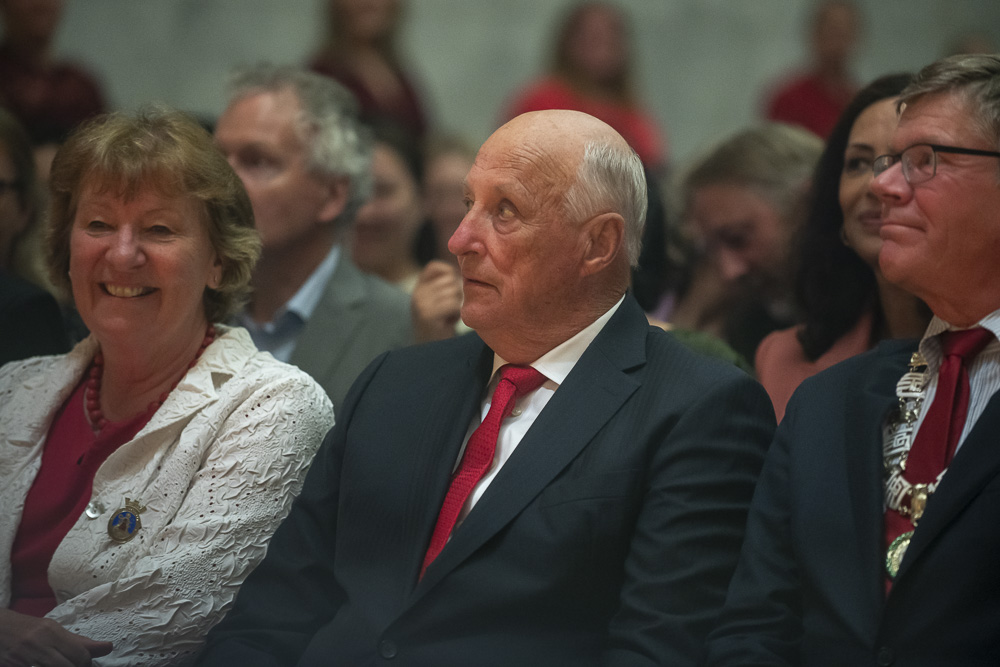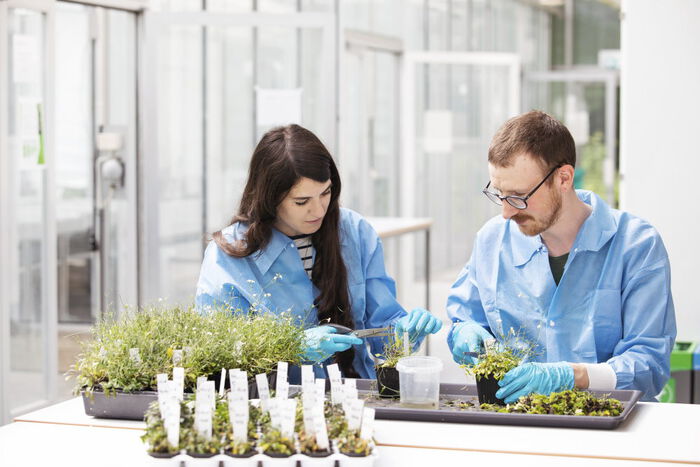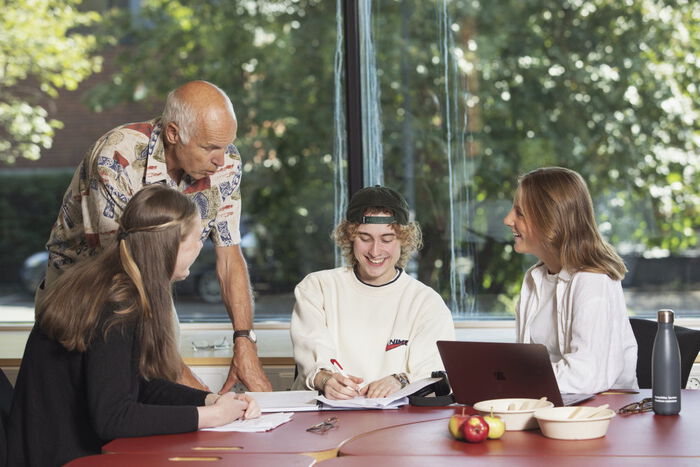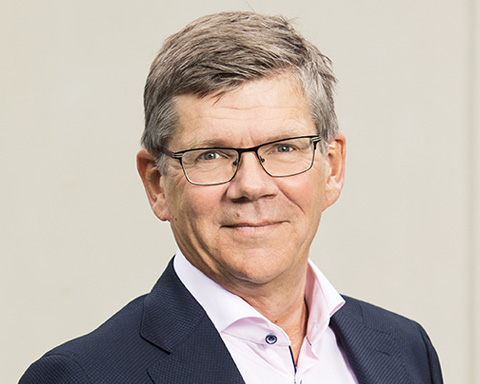We were finally back in the University Aula for the ceremony. Located in the heart of Oslo, between the Parliament and the Royal Palace, with the National Theatre next door, the aula highlights the role that academia, knowledge, and culture play in society. Here, we celebrate. Here, we discuss. And here, we engage with society on questions that are important to us all.
Our aula is a global aula. Louis Armstrong, Leif Ove Andsnes, and Sergei Rachmaninov are only three among a large number of word stars that have performed under the monumental paintings of Edvard Munch. The aula is also where the Noble Peace Prize was awarded from 1947 to 1989. Mother Theresa, Dalai Lama, and Martin Luther King all have raised burning global issues from its stage.
Dialogue is our mantra – not isolation
Since its inception in 1947, the purpose of the International Summer School has been to create a forum for international understanding and dialogue. To promote this, we need discussions and debates that expand our perspectives and comprehension.
Internationalisation for us means the meeting of people, ideas, and worldviews from many different countries through vivid discussions and open dialogue. We facilitate and encourage intercultural engagement. We believe that passive tolerance does not always go far enough.
In the past, we have had students shocked to find that they have been conversing amicably with students from countries with very different political and social systems. And through the years, the International Summer School has brought together national groups during times where their governments have been in direct conflict. Dialogue is our mantra – not isolation.
This may appear challenging for some, but from past experience we have found that such meetings lead to more and deeper reflection. That tolerance, confidence, problem-solving abilities, curiosity, and decisiveness is facilitated through open and frank international exchange. Our goal is in many ways to be a platform for developing more insight, deeper understanding and more empathy, as well as increased knowledge about our interconnected world.
A push towards more national agendas
I believe the International Summer School has contributed extremely well. Since 1947, around 33,000 students from over 150 countries have been challenged by each other’s ideas and perspectives.
We have worked towards building trust and mutual understanding. I hope that we will be able to continue to do so for many years to come, despite the Norwegian government recently having introduced student fees for international students.
I am worried about trends globally where the higher education sector is pushed towards more national agendas, and where terms like “trusted partners” throw shadows over the agenda which – until recently – was an agenda for all universities and societies globally: the Sustainable Development agenda and its goal number 17: Partnership for the goals. An agenda pushing for more international collaboration – not less.
This should worry us all; global challenges are global, and local challenges reach every corner of the world faster than we like. The world is in fact closely interconnected, and the solutions need to be global.
Growing scepticism about scientific knowledge
Knowledge – research-based knowledge – is obviously important to us all, as it is to the global society and the individual nation states. It is a paradox, then, that at the same time as we have countered a deadly pandemic with research and research-based knowledge, we see social groups and individuals on both ends of the political spectrum who are reluctant to accept facts that challenge their own view of the world.
Polarisation and growing scepticism about scientific knowledge and scientific expertise challenge society and academia in Norway and globally. The rise of populist parties and unconventional political leadership are creating a poorer climate for public debate and evidence-based decision-making.
?Democracy Dies in Darkness? reads the Washington Post's slogan. A number of prominent researchers, experts, politicians, and intellectuals have warned that today we seem to be moving into such a "darkness" where democracy could be weakened, undermined, or even die. We cannot stand indifferent.
This shift seldom occurs with a bang but starts with smaller undercurrents that won’t catch the public eye or interest initially. Universities are often one of the first to feel the heat. Limitations on academic freedom and institutional autonomy, and attacks on individual researchers, might not make the headlines but are serious warning signs – or a “canary test” – for the health of democracy.
Engagement, trust, and truth
We live in times of uncertainty – in a time where we need strong political leadership in defence of democracy, in defence of academic freedom and institutional autonomy and in defence of a global academia.
We simply cannot afford to underestimate the importance of an open, international research and higher education sector to meet global and interconnected societal challenges: like the climate crisis, like loss of biodiversity, hunger and migration. Nor can we allow ourselves to underestimate the importance of knowledge and mutual understanding for creating trust and for peaceful coexistence of people from all kinds of national, ethnical, cultural, political, and religious backgrounds.
This puts a huge responsibility on the university as an institution. We need to create meeting places, secure dialogue, and not the least ensure that freedom of speech prevails at campus.
Universities need to be engaging, trust-building as well as truth-seeking. In our age of turbulence, these three words – engagement, trust, and truth – are intertwined, and we stand in need of all three. This is what the University of Oslo always aims for. This is why we believe that the International Summer School is so important.




